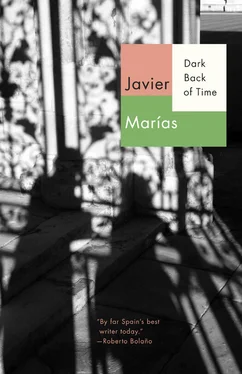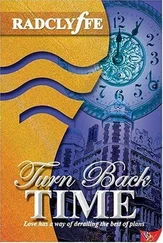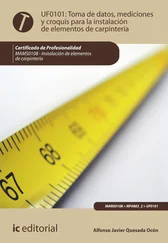Everything is so random and absurd, it’s incomprehensible that we can grant any transcendence whatsoever to our birth or our existence or our death, determined by chance combinations as fickle and unpredictable as the voice of time when it has not yet gone by or been lost, when it is not yet ambiguous, when it is not yet even time, that voice we all know and hear murmuring as we move forward, or that is what we believe, because really it is the voice that moves forward; how can any importance be conceded to our fragile and insignificant passage which could so easily not have occurred because of a lie or some false testimony, or could indeed occur because of the excessive fancifulness and hatred of two of Franco’s informers — two future professors, both made so in recompense, though one may already have been a professor — who fabricated accusations that were finally too improbable and novelistic about the man who couldn’t yet even dream of being my father, or anyone’s; how can we even take our own breathing seriously, this breathing that we owe to an attack of an antiquated illness or vertigo on the deck of a ship travelling into exile, or to the capricious, baroque curse a mulatto beggar hurled at a contemptuous horseman one hundred and twenty-five years ago, across the ocean, on an island off the coast of another continent; or that we lose this breathing because of a bullet that goes astray on that same continent, in the enthusiasm of a Mexican New Year’s Eve, or because a tree struck by lightning falls on the head of a foreigner waiting to go into a theater shortly before emigrating to be safe on that other continent; or more simply because one page has been brought to a close and there is no desire to write the next; or, even more innocuously, because one December evening the only son who was missing, the fourth one, comes home; or, still more painfully, because the treacherous onset of a sudden fatal illness leaves a zoetrope ownerless, bringing it to a stop and laying it aside until the end of time or of the world that the toy imitated and represented, the toy with its flimsy wheel that no longer spins. Put out the light and then put out the light. And put it out.
Yet all we can do is grant ridiculous importance to the products of these inchoate combinations, to each one and to our own — or rather, the one that we are — to those already obliterated and to those that are present, and even to those that are fictitious, if we don’t want our passage through time to be entirely idiotic as well as fragile and insignificant. So we spend our lives pretending to be unique and chosen when in fact we’re interchangeable, each the random outcome of a spin of the wheel of fortune at a dank, decrepit carnival. The pretence is necessary, but what’s bad about it is that our actions or misfortunes or good luck make most of us forget, in the end, that that was all we were doing, just pretending. There are people who become convinced they were destined for what they attain or endure, as if the enduring or the attainment explained their history and the reason or cause for their birth, it is the cause, it is the cause. I’ve said what I’m saying here before, in a novel, but that doesn’t matter: everything has to be said again and again so it won’t be lost, until nothing is said any longer and there is no longer: the short-cuts and twisting paths taken by our efforts are what make us vary though we end up believing it was destiny, we end up seeing our whole lives in light of the last or most recent thing, as if the past had been only preparation, as if we were gradually coming to understand it as it withdraws from us and will understand it entirely in the end. And therefore the mother believes she had to be a mother, the spinster that she had to remain unmarried, the murderer a murderer and the victim a victim, the ruler believes that from the beginning his steps were leading him to command other people, and the genius’s childhood is dredged up when his or her genius becomes known; the king convinces himself that it was his lot to be king, if he reigns, and that it was his lot to become the martyr of his lineage if he does not; and the person who lives into old age finally remembers the whole of his life as a slow arrangement for elderliness: the life that has passed is seen as a story or merely a sign and thus it is twisted and distorted. And the man who dies young will always be seen as a man who died young, even in the portraits made when he was alive, which are now contaminated.
In fact, it wasn’t me who said this (except for the last phrase); it was a character in a novel named the Only One or Solus, a real king, even if he was fictitious, and not the literary king of a fantastic realm that even so sometimes appears on maps, and when it does it is a harsh blackened rock, uninhabited or inhabited only by boobies, a diminutive island not far from Cuba that takes its name from a church in Cádiz and is only the territory, the superfluous vessel of the imaginary. Who knows whether it hasn’t disappeared into the depths of the sea like my great-grandfather Manera, after the tremendous eruptions of the Soufrière volcano last year on the larger, neighboring island of Montserrat, where Shiel, or Felipe I, the first monarch, was born, Montserrat now almost reduced to ashes in an urn, like Shiel, and perhaps scattered (there’s no one on Redonda to send any news). It’s a realm inherited through irony and writing, never through solemnity or blood, the realm of Shiel’s successor Juan II, who chose me when he reached the age of seventy-three, and of Juan I, the beggar poet, who became a kind of anachronism, living on handouts and sleeping on park benches in the final days of his long death, and who certainly must have hurled more than one curse against someone, there on his native island, our continent’s largest, unleashing by those curses who knows what combinations or pandemoniums, then dying in a hospital, forgotten and penniless, under his true, recovered name of Terence Ian Fytton Armstrong, “a poet” according to Vinten the civil servant, and Lewis the informant, who certified his death. This cursing or poetic voice is nevertheless not entirely silent and now murmurs in my house, in what for some time I’ve been calling “Gawsworth’s room,” as if it were a butler’s room, or a ghost’s.
But nothing will ever make me believe that this was my destiny or that anything else will be, or that there was a reason for my birth.
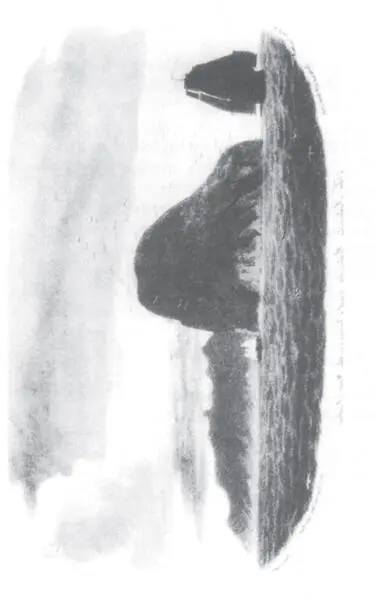
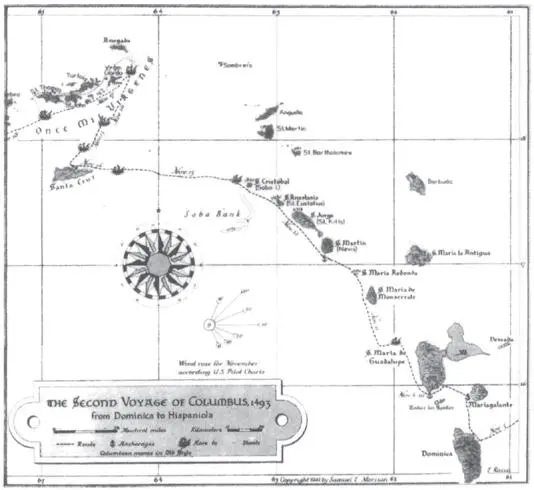
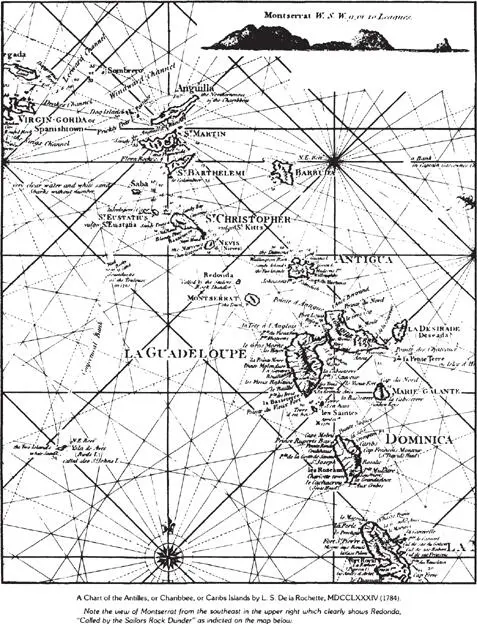

Some time will have to pass before this voice or writing speaks more clearly and I can tell what it tells, I have to take a certain distance from recent events; I prefer to pause here and wait a while, everything is still changing. It isn’t only that I have yet to tell of all the short-cuts and twisted paths along which this fantasmal literary title came to attach itself to my name (and I don’t know whether it transposes me into what, for me, was fiction only fourteen or even nine years ago, or whether, instead, fiction is embedding itself in my life and making it even more unreal and chimerical, as well as absurd, indicisive and somewhat calamitous). It isn’t only the accession that remains to be told; the whole story is intricate and possibly picturesque and also comical, of course. And neither is it only the ludicrous characteristics and vicissitudes of this kingdom, which, though imaginary — and it is that, above all — is not free from what all kingdoms have known throughout history: usurpers, imposters, intrigues, lunatics, betrayals, “subjects,” patrons, rebellions, chroniclers, false favorites, “dynastic” disputes — in which I shall certainly not be participating, all I need right now is to engage in heated epistolary arguments over “legitimacy” or “lineages” that are no such thing, for kinship matters not at all here — and I believe there’s also been a bloody deed. And a modest legend, which I’m told I now incarnate. I’ll have to name my own peers, since I must play along with the game. Perhaps there will soon be a Duke of Svolta, a Duke of Norte, a Duke of Caronte, a Duke of Babel, or a Duke of Tigres, possibly. A Duke of Región is no longer possible.
Читать дальше
